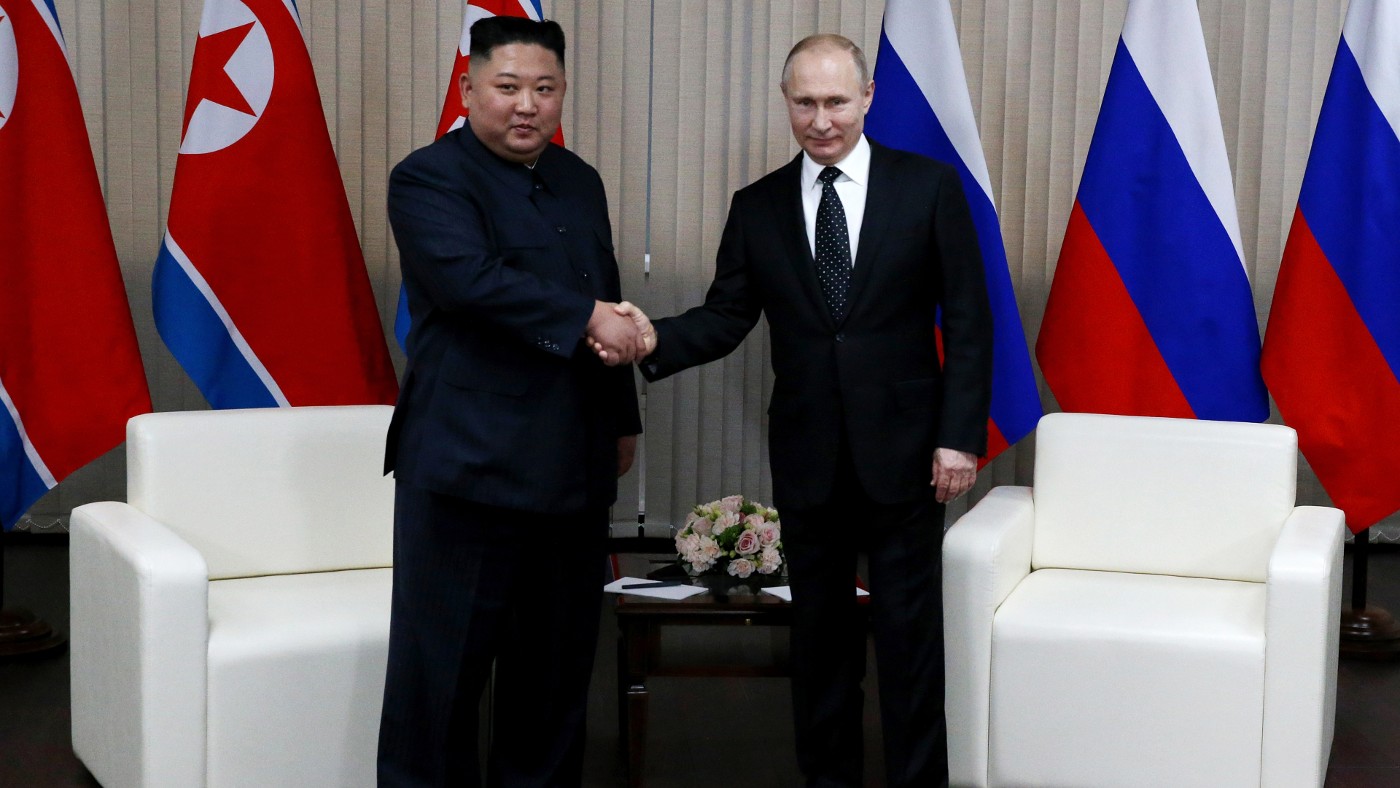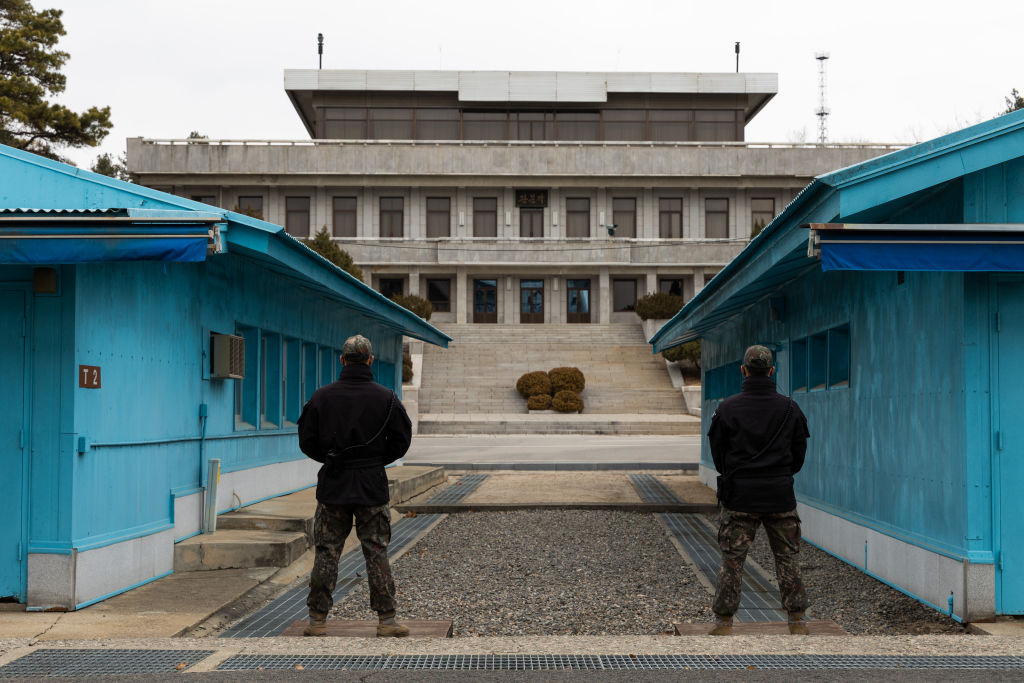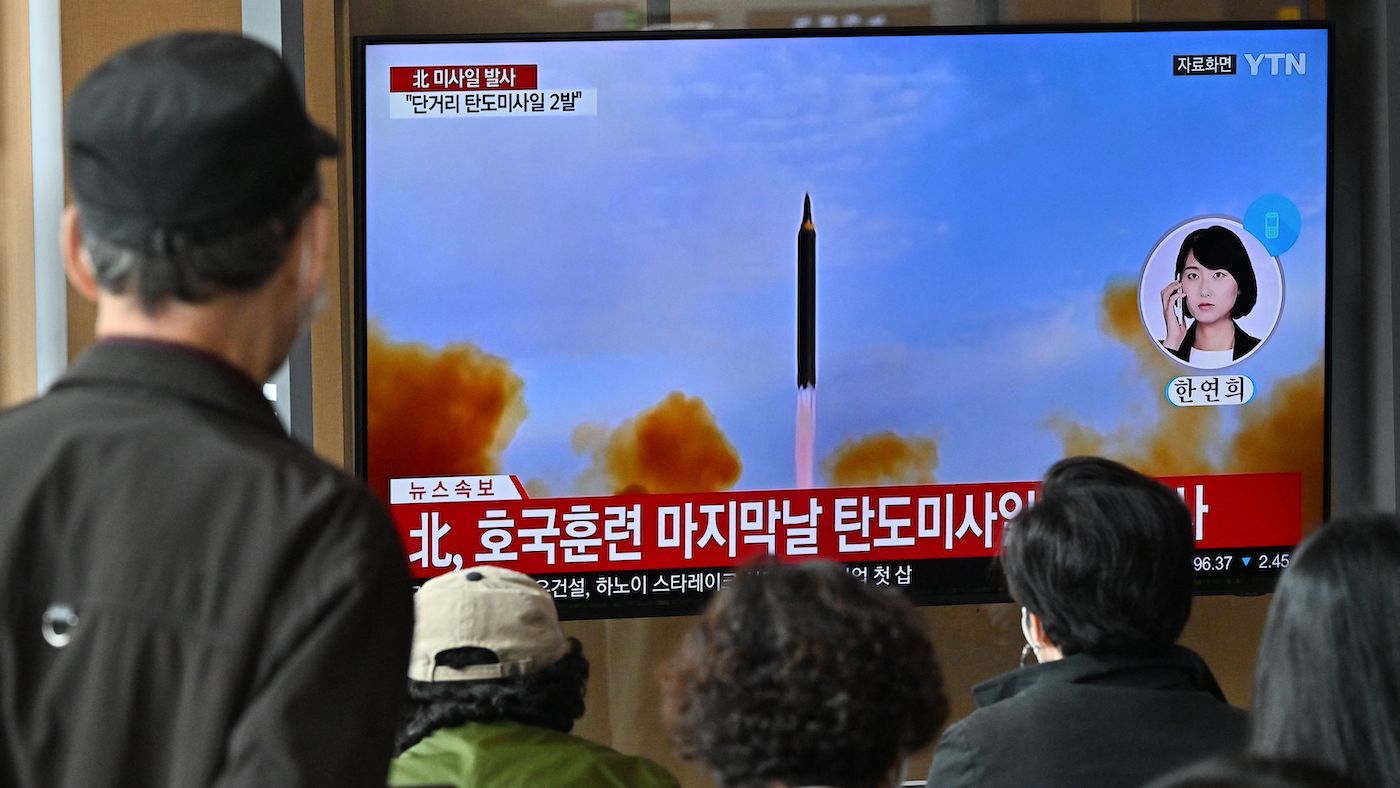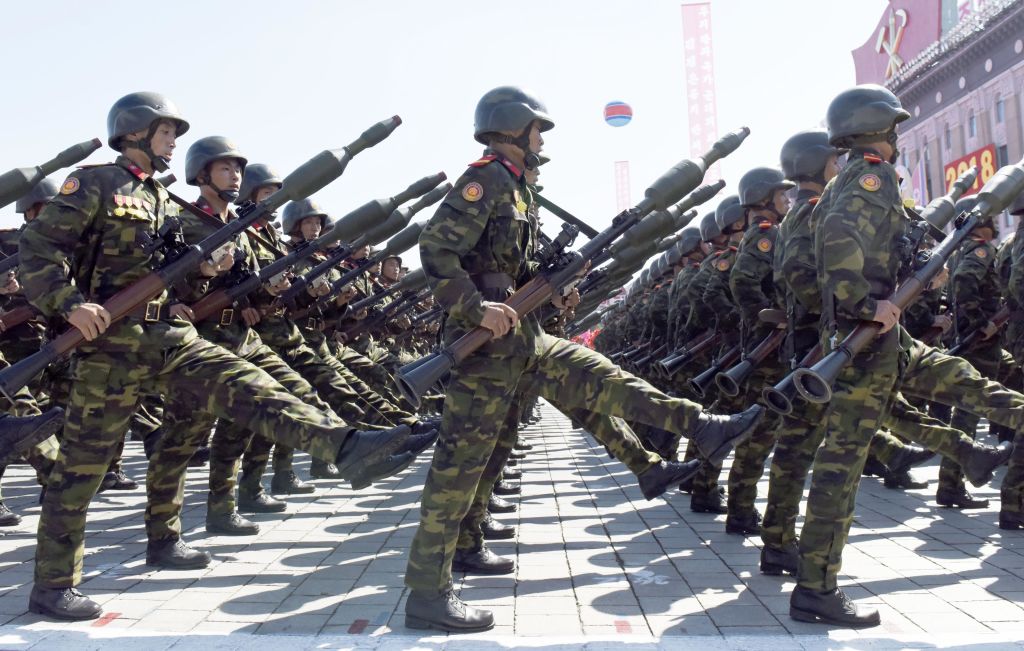UK blames North Korea for WannaCry NHS hack
Revelation comes as watchdog criticises health service over poor cybersecurity

A free daily email with the biggest news stories of the day – and the best features from TheWeek.com
You are now subscribed
Your newsletter sign-up was successful
The UK blames North Korea for the WannaCry malware attack that crippled the NHS system and struck more than 300,000 computer systems in 150 countries, the UK Security Minister said today.
Ben Wallace told BBC Radio 4’s Today programme that the Government believes a North Korean hacking group was responsible for the attack, in May. He said that arresting any suspects would be “challenging” as a “hostile state” was involved, The Independent reports.
“I obviously can’t go into the detail of intelligence, but it is widely believed in the community and across a number of countries that North Korea had taken this role,” Wallace said.
The Week
Escape your echo chamber. Get the facts behind the news, plus analysis from multiple perspectives.

Sign up for The Week's Free Newsletters
From our morning news briefing to a weekly Good News Newsletter, get the best of The Week delivered directly to your inbox.
From our morning news briefing to a weekly Good News Newsletter, get the best of The Week delivered directly to your inbox.
The Government’s revelation came as the National Audit Office released a damning report on NHS cybersecurity standards, telling the health service to “get its act together” or risk suffering an even bigger attack. NHS bodies were warned as early as 2014 that their systems were vulnerable to hackers, according to a report in The Daily Telegraph.
The WannaCry cyberattack targeted computers with outdated security, infecting encrypted data to cripple organisations worldwide - from government agencies to global companies. At least 6,900 NHS appointments were cancelled as a result, 139 of which were urgent referrals for people who potentially had cancer, says the BBC.
An earlier independent investigation found that the NHS cyberattack could have been prevented if basic IT security measures had been taken, says The Independent.
The hackers demanded a ransome of $300 (£229) for each computer, payable in the virtual currency Bitcoin, to unlock files and return them to the user. A BBC investigation in mid-May involving three Bitcoin accounts linked to the attack suggested the hackers had been paid the equivalent of £22,080.
A free daily email with the biggest news stories of the day – and the best features from TheWeek.com
-
 Switzerland could vote to cap its population
Switzerland could vote to cap its populationUnder the Radar Swiss People’s Party proposes referendum on radical anti-immigration measure to limit residents to 10 million
-
 Political cartoons for February 15
Political cartoons for February 15Cartoons Sunday's political cartoons include political ventriloquism, Europe in the middle, and more
-
 The broken water companies failing England and Wales
The broken water companies failing England and WalesExplainer With rising bills, deteriorating river health and a lack of investment, regulators face an uphill battle to stabilise the industry
-
 Would North Korean weapons tilt the war Russia’s way?
Would North Korean weapons tilt the war Russia’s way?Today's Big Question Putin wants to boost ‘depleted stocks’ but Pyongyang’s arms may be in poor condition
-
 US soldier detained by North Korea after crossing border
US soldier detained by North Korea after crossing borderSpeed Read
-
 North Korea launches 1,000km missile towards Japan after threatening US
North Korea launches 1,000km missile towards Japan after threatening USSpeed Read Pyongyang warned Washington of ‘shocking’ repercussions over alleged spy planes
-
 North Korea claims 800,000 people volunteered to fight against the U.S.
North Korea claims 800,000 people volunteered to fight against the U.S.Speed Read
-
 The next Kim Jong Un
The next Kim Jong UnSpeed Read Is his daughter's turn in the public eye any indication of the leader's succession plans?
-
 The Week Unwrapped: Korean succession, terror by algorithm and German disquiet
The Week Unwrapped: Korean succession, terror by algorithm and German disquietpodcast Could a 10-year-old girl rule North Korea? Will an Isis victim upend web law? And why is Germany upset with its Oscars contender?
-
 U.S. holds air exercises with Asian nations following North Korean missile test
U.S. holds air exercises with Asian nations following North Korean missile testSpeed Read
-
 Kim Jong Un reportedly wants his daughter to be the only person in North Korea named 'Ju Ae'
Kim Jong Un reportedly wants his daughter to be the only person in North Korea named 'Ju Ae'Speed Read